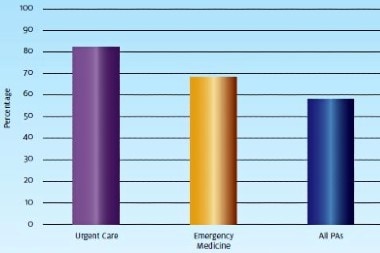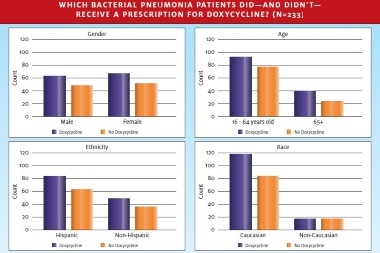In this issue’s Health Law article, What’s the Best Policy for Unlocking an Urgent Care’s Doors when a Provider Isn’t Present? (page 19), author Alan Ayers, MBA, MAcc points to the capabilities of advanced practice providers as one rationale some urgent care operators use when opting to stay open for business when a physician isn’t present. You could even go a step further and make the argument that the degree of direct care provided by …
Read More






